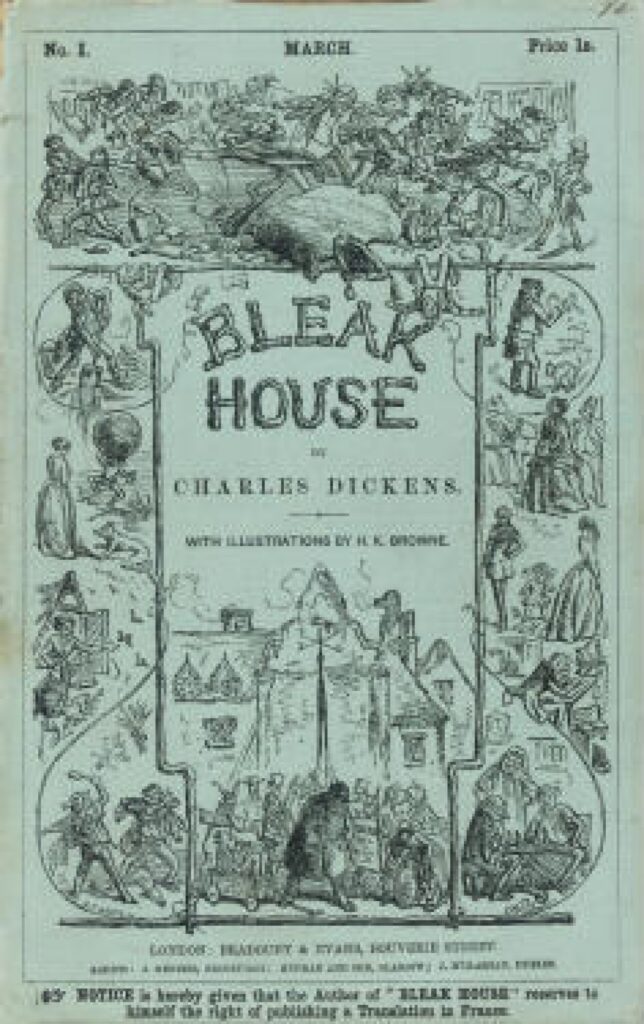
When I used this exercise, students had already listened to “Serial,” season 3, Episodes 8 and 9.
I also encouraged them to read the Nieman Storyboard interview with the creators of “Serial,” and to learn about how the producers and writers of this series think about the relationship of
- The medium of the Podcast, to
- create a Narrative form around
- a specific content (here, the story of a juvenile informant)
- — and how they combine all three of those items to enhance the
- journalistic authority of their work.
In short, this was an assignment where I asked students to focus on the “how” of a podcast, and yet also “how well” it worked as a piece of narrative journalism.
In sum, I asked them: how does “Serial” use the auditory powers of listening, the conventions of radio-style broadcasting, and specific narrative techniques to shape the listener’s response to this particular story? And in terms of the total effect of the two podcasts, together–do they, or do they not, create (in your view) a persuasive, compelling, authoritative journalistic study of their subject? Or in your sense do they create something different, “new journalistic,” experimental–more personal, more “reflective” or literary, in ways we’ve been discussing–or what? Use your own experience and preferences to make this response as personal and as creative as you like: be honest, choose anonymity if you want to–and say what you think. And with Prof. Wilson’s help, you can also learn how to use MediaKron’s tools to enhance and complicate your answer (that is, you can create links to other discussions or podcasts, include illustrations, define your terms with “notes”–and more. Thanks!
Here are some specific prompts I also offered for their-response-reflections:
- Somewhere in your response, try to introduce your reader to the kinds of podcasts you most typically listen to–offer links, please!!–and a little bit about how that reflects your tastes/preferences. Do you listen to Podcasts for news, or for other topics–and what are they? Why do you think you listen?–what do you get out of them that you might not, with a print story?
- What makes this topic unique is considering how the medium of the radio/shaped podcast also affects the kind of narrative we hear. So don’t neglect that in your answer. When focusing on narrative, break things down as you would any literary narrative. What kind of narrator do we have? How is the plot “shaped” (how many acts or venues or speakers does it have)? Is dialogue important, the number of characters, where things are “revealed” and so on.
- How did these things–the medium, the narrative form–shape your access to and understanding of juvenile justice?–what did it make you think–and, importantly, feel? (Put a picture or illustration or link to a song in your answer, if it helps). Was the podcast form persuasive in a journalistic way, or in some other way? Or not?